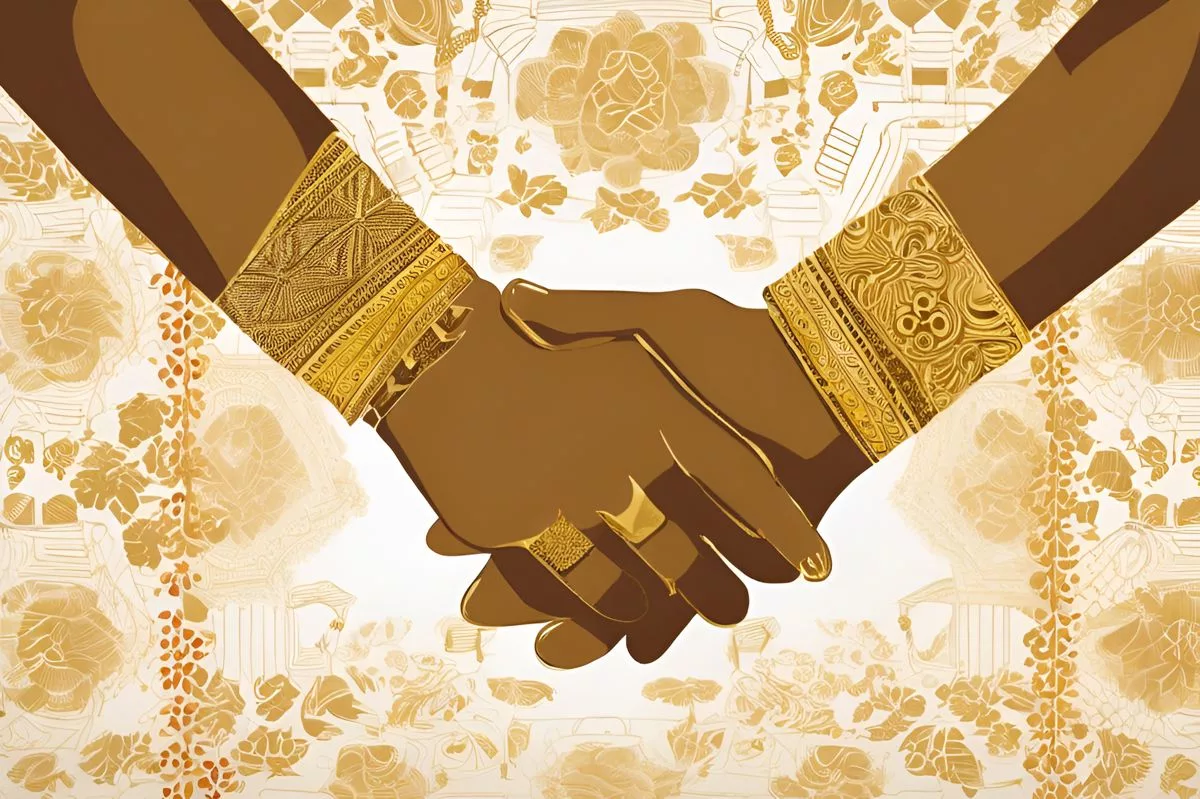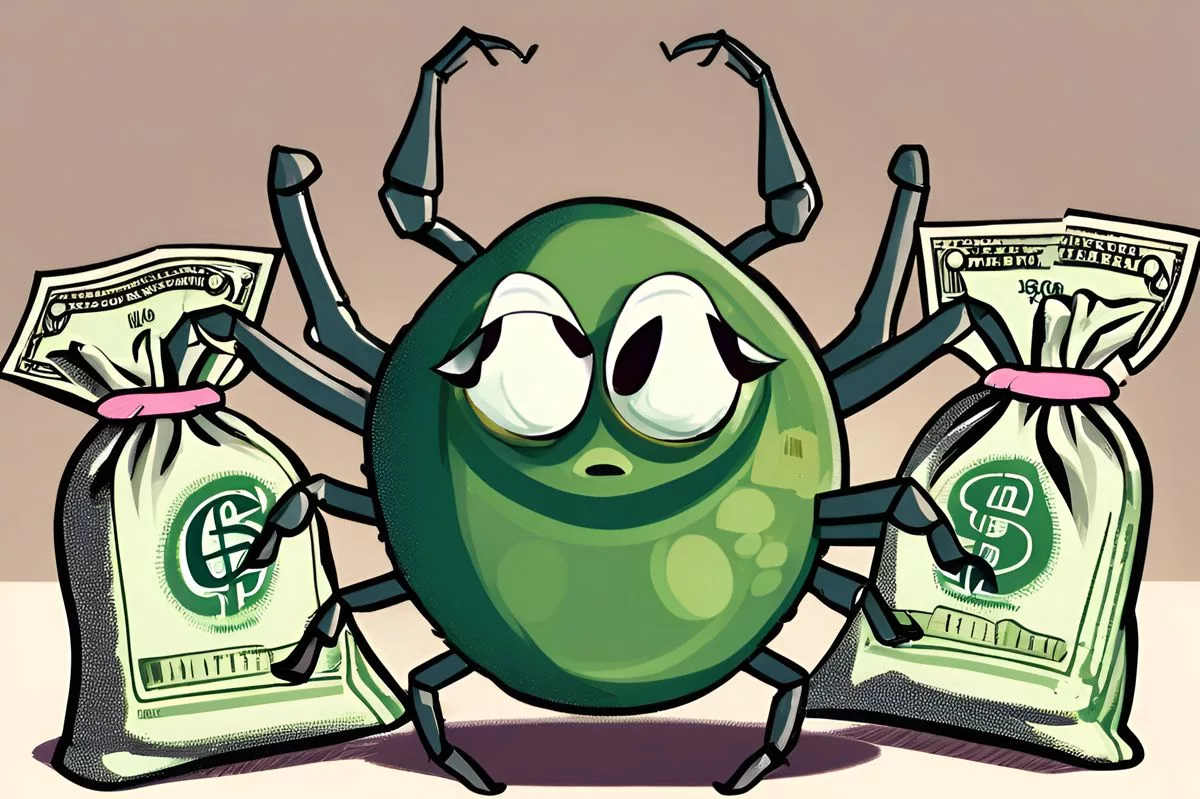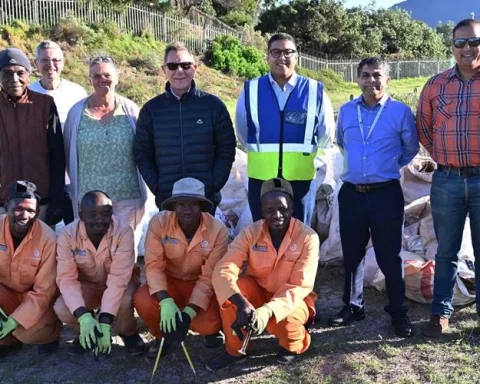South Africa recently saw a historic conversation between Deputy President Paul Mashatile and representatives from the National House of Traditional and Khoi-San Leaders, reflecting on three decades of South African democracy. The dialogue highlighted achievements and future aspirations, challenges and initiatives, and initiatives towards a prosperous future. The government is prioritizing capacity-building programs, empowering traditional leaders to contribute to societal change and tackling social issues like substance abuse, crime, Gender-Based Violence, and Femicide.
Deputy President Paul Mashatile recently held a dialogue with representatives from the National House of Traditional and Khoi-San Leaders, reflecting on three decades of South African democracy. The ANC-led administration is committed to creating an equitable society, and the conversation highlighted achievements and future aspirations, challenges and initiatives, and initiatives towards a prosperous future. The government is prioritizing capacity-building programs, empowering traditional leaders to contribute to societal change.
The Monumental Democratic Exchanges
South Africa recently saw a landmark conversation between Deputy President Paul Mashatile and representatives from the National House of Traditional and Khoi-San Leaders. This historic dialogue marked the winding up of the sixth government administration and the commemoration of three decades of South African democracy. It was a monumental event that brought together different perspectives to share valuable insights and formulate effective solutions.
Deputy President Mashatile underscored the importance of this dialogue, highlighting its role as an avenue for understanding and tolerance. He emphasized the invaluable contributions made by the Traditional and Khoi-San leaders, whose wisdom, resilience, and dedication have played a crucial role in shaping the country’s path towards unity, progress, and reconciliation.
This conversation reflected on the progress made since apartheid’s end, reiterating President Cyril Ramaphosa’s commitment to a future characterized by shared prosperity, substantive equality, and authentic freedom. Such a vision aligns with the ANC-led administration’s mission of creating an equitable society, ensuring that no citizen, regardless of their race, gender, class, religion, or traditional group, feels marginalized.
Achievements and Future Aspirations
Despite the inevitable challenges, the institution of traditional leadership has witnessed a significant metamorphosis. A commendable achievement has been the shift from the colonial perspective of ‘Paramount Chiefs’ to recognizing and addressing our leaders as Kings.
Further strengthening the government’s commitment towards acknowledging and valuing the contributions of traditional leaders is the establishment of the National House of Traditional and Khoi-San Leaders. This institution stands as proof of the government’s respect for traditional authority and its role in local governance and the preservation of indigenous knowledge systems.
Moreover, the government has formed an Inter-Ministerial Task Team to address issues affecting traditional leaders. This collaborative initiative between the government and traditional leaders, despite its challenges, has resulted in substantial progress.
The ANC government’s dedication to reinforcing the Institution of Traditional Leadership is manifested in its legislative and programmatic actions. These efforts are designed to ensure traditional leadership plays a crucial role in societal progress and the conceptualization of sustainable solutions.
Challenges and Initiatives
A major area of concern is the security of traditional leaders, particularly in the province of Kwa-Zulu Natal. The government is sternly against the violence targeting these leaders and encourages communities to report any such incidents. Law enforcement agencies are prepared to hold the culprits accountable.
These challenges, however, are not confined. Dialogues and interactions reveal that traditional and Khoi-San leaders face similar challenges across provinces. In response to these, the government has implemented initiatives like the InvestRural Master Plan to foster the development of rural areas, tap into their potential, and enhance community livelihoods.
Land tenure and administration have been contentious subjects that the government is actively addressing. Measures are in place to transfer land ownership from the state to its rightful owners, including the communal land held by the government in trust for communities.
Towards a Prosperous Future
The government is finalizing the Draft Communal Land Bill and Policy, aimed at facilitating the transfer of government-held communal land to communities. This allows for communal land registration and conflict resolution mechanisms.
Agriculture, as the primary economic activity in most rural areas, is viewed as a potent weapon against hunger and poverty, through small-scale farming or agricultural start-ups. The tenure arrangements aim to empower inhabitants to exploit their land rights to establish prosperous and sustainable agricultural enterprises.
Simultaneously, the government is devoted to tackling social issues like substance abuse, crime, Gender-Based Violence, and Femicide. Traditional leaders play a vital role in addressing these challenges within their communities, advocating for gender equality, and championing against violence.
Substance abuse, particularly among youth, is a pressing concern. To address this, the National House of Traditional and Khoi-San Leaders is partnering with the Central Drug Authority to combat the drug menace.
In an ambitious effort to further augment the institution of traditional leadership, the government prioritizes capacity-building programs. The objective is to educate more leaders to contribute effectively as agents for societal change.
In summary, the government, in partnership with traditional leaders, is devoted to preserving the nation’s cultural diversity for future generations and addressing rural communities’ issues. Together, they represent the spirit of unity and progress that South Africa aspires to every day, guiding the nation and its people towards a prosperous and equitable society.
What was the recent historic conversation held in South Africa?
Deputy President Paul Mashatile recently held a dialogue with representatives from the National House of Traditional and Khoi-San Leaders, reflecting on three decades of South African democracy.
What was discussed in the Democracy Dialogues?
The dialogue highlighted achievements and future aspirations, challenges and initiatives, and initiatives towards a prosperous future. The government is prioritizing capacity-building programs, empowering traditional leaders to contribute to societal change and tackling social issues like substance abuse, crime, Gender-Based Violence, and Femicide.
What is the government doing to empower traditional leaders?
The government is prioritizing capacity-building programs, aiming to educate more leaders to contribute effectively as agents for societal change.
What is the government’s mission regarding creating a society?
The ANC-led administration’s mission is to create an equitable society, which ensures that no citizen, regardless of their race, gender, class, religion, or traditional group, feels marginalized.
What social issues is the government tackling?
The government is devoted to tackling social issues like substance abuse, crime, Gender-Based Violence, and Femicide. Traditional leaders play a vital role in addressing these challenges within their communities, advocating for gender equality, and championing against violence.
What is the government doing to address land tenure and administration?
The government is actively addressing land tenure and administration, with measures in place to transfer land ownership from the state to its rightful owners, including the communal land held by the government in trust for communities. The government is finalizing the Draft Communal Land Bill and Policy, aimed at facilitating the transfer of government-held communal land to communities, allowing for communal land registration and conflict resolution mechanisms.












